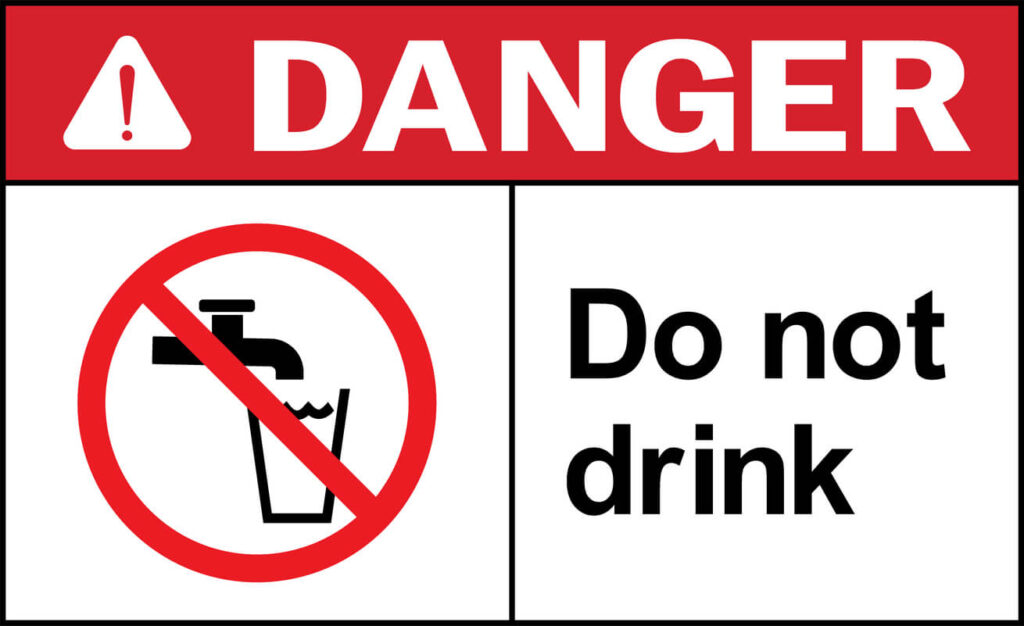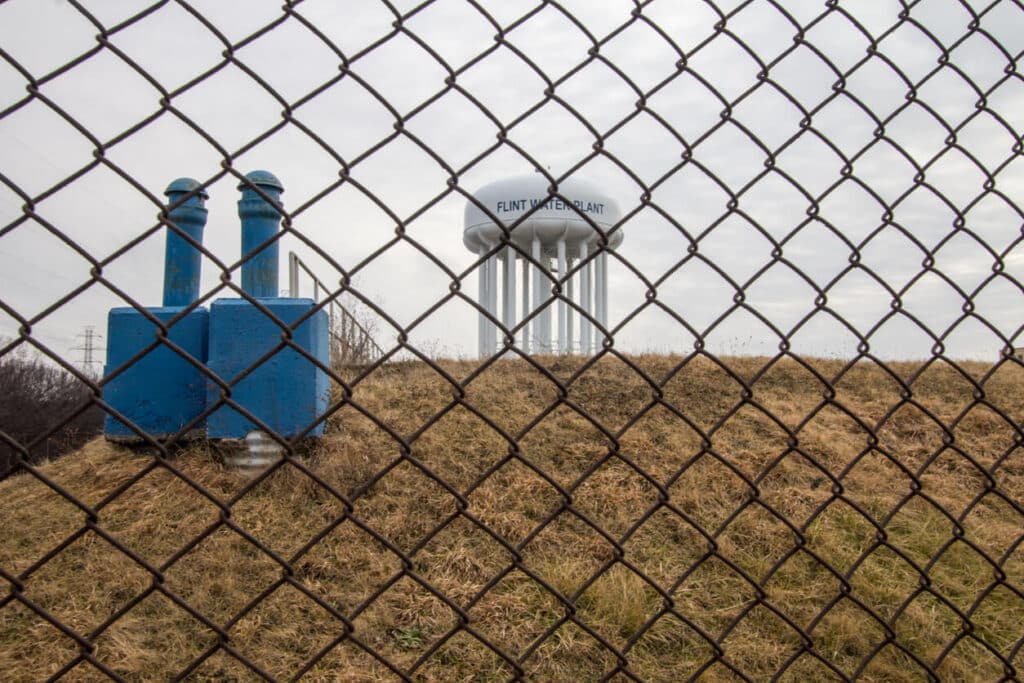Our environmental attorneys would like to inform residents of Pompton Lakes, New Jersey of a new public health study concerning their community. The study found that residents of one area of Pompton Lakes have more than three times the rate of kidney cancer in women and more than 2.5 times the rate of non-Hodgkins lymphoma in men when compared to state-wide rates. The impacted area is situated above a plume of contaminated groundwater emanating from DuPont’s property where its former Pompton Lakes Works explosives factory was located.
The report, issued by the New Jersey Department of Health and Senior Services (NJDHSS) and the U.S. Agency for Toxic Substances and Disease Registry (ATSDR), concluded that six toxic chemicals originating from the DuPont property were found inside homes in the impacted area of Pompton Lakes: carbon tetrachloride, 1,2-dichloroethane, methylene chloride, trichloroethylene, tetrachloroethylene, and vinyl chloride. All of these chemicals are carcinogenic. Exposure to trichloroethylene is specifically associated with kidney cancer and exposure to tetrachloroethylene with non-Hodgkins lymphoma.
Breathing the chemical vapors inside impacted homes may result in an increased risk of cancer; the report advises that “Residents above the groundwater plume can decrease their current and future exposures to the chemicals by participating in the remediation system program.”
The Health Department has mailed letters to some 450 homes in the plume area, alerting residents of the report’s findings. The department has plans to host a community meeting to discuss the study in the next two weeks. You may view the complete study here.
Lem Srolovic, an environmental lawyer at Weitz & Luxenberg who has been working with the community, offered the following comment on the report:
“The State and Federal report on the community impacted by DuPont’s chemicals in the shallow ground water beneath their homes is unusually strong. All too often, the ill effects of chemical contamination in our communities become obscured by the passage of time or the normal flow of people moving in and out of an impacted community. This report should serve as a wake-up call for DuPont to step up and to remove the toxic chemicals from the groundwater.”
DuPont operated the factory, located at 2000 Cannonball Road, from 1902 until 1994. In that time, its waste was poorly contained, resulting in “Hazardous wastes and environmental contamination on- and off-site,” according to the report. For decades, DuPont was aware its chemicals had seeped into the groundwater. This begs the question of why the corporation failed to immediately engage in remediation efforts to remove the toxic chemicals, so they wouldn’t imperil the welfare of nearby residents.
The levels of chemical vapors inside impacted homes were likely substantially higher in the past. The health agencies observe that over the last 14 years, the levels of chemicals in the groundwater beneath the community have declined by a factor of 10. In public health study release this week, the NJDHSS and the ATSDR based their calculations of cancer risk on current chemical concentrations, not historic levels, which would have been even higher than they are today.
The State and Federal public health agencies also make clear that unless DuPont correctly installs and maintains the vapor mitigation systems in the impacted homes, the residents will face an on-going increased risk of cancer. Unfortunately, the agencies do not address how long into the future the chemical vapors will continue to pose a threat.
The attorneys in the Environmental and Toxic Torts unit at Weitz & Luxenberg would like Pompton Lakes families to know they have a right to live in a safe, clean, and uncontaminated environment. Together, we can protect that right.
People who have been affected by contamination in Pompton Lakes may get a free lawsuit review by completing the form.


